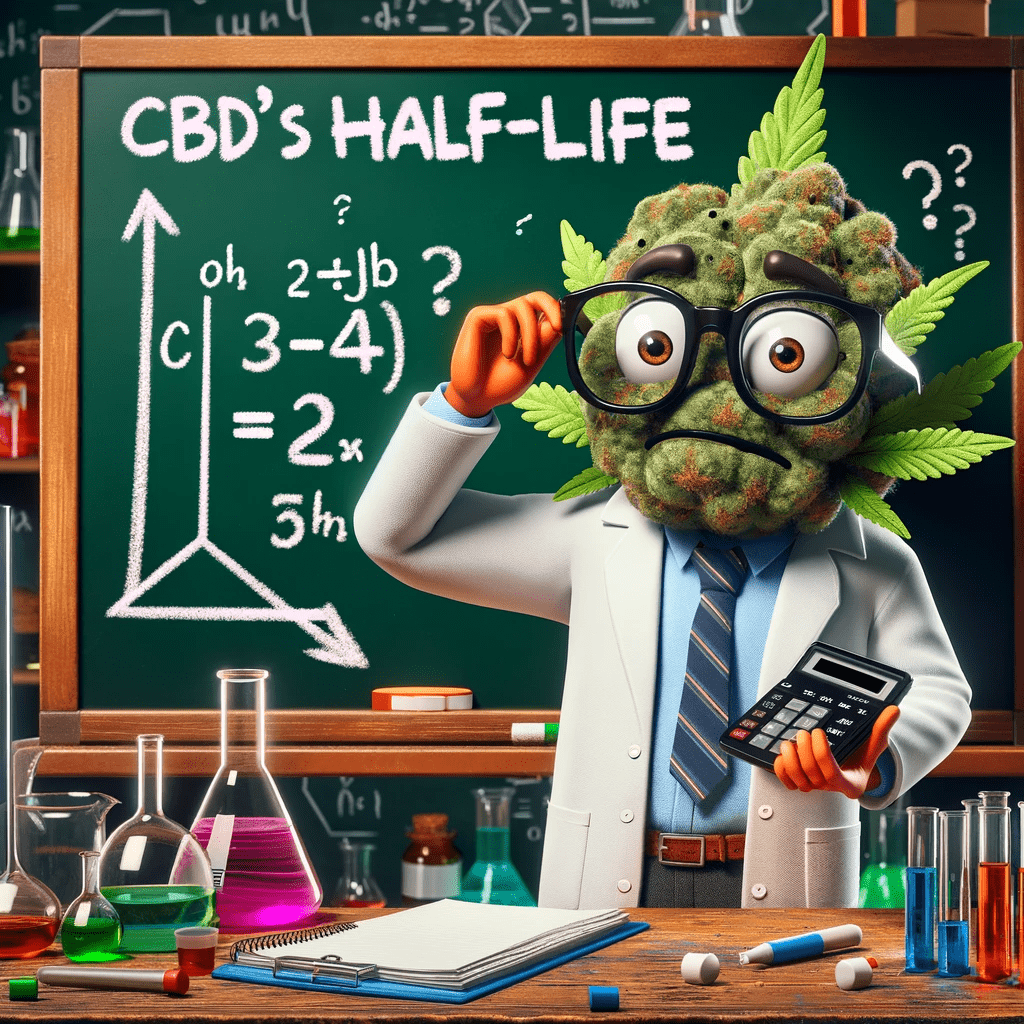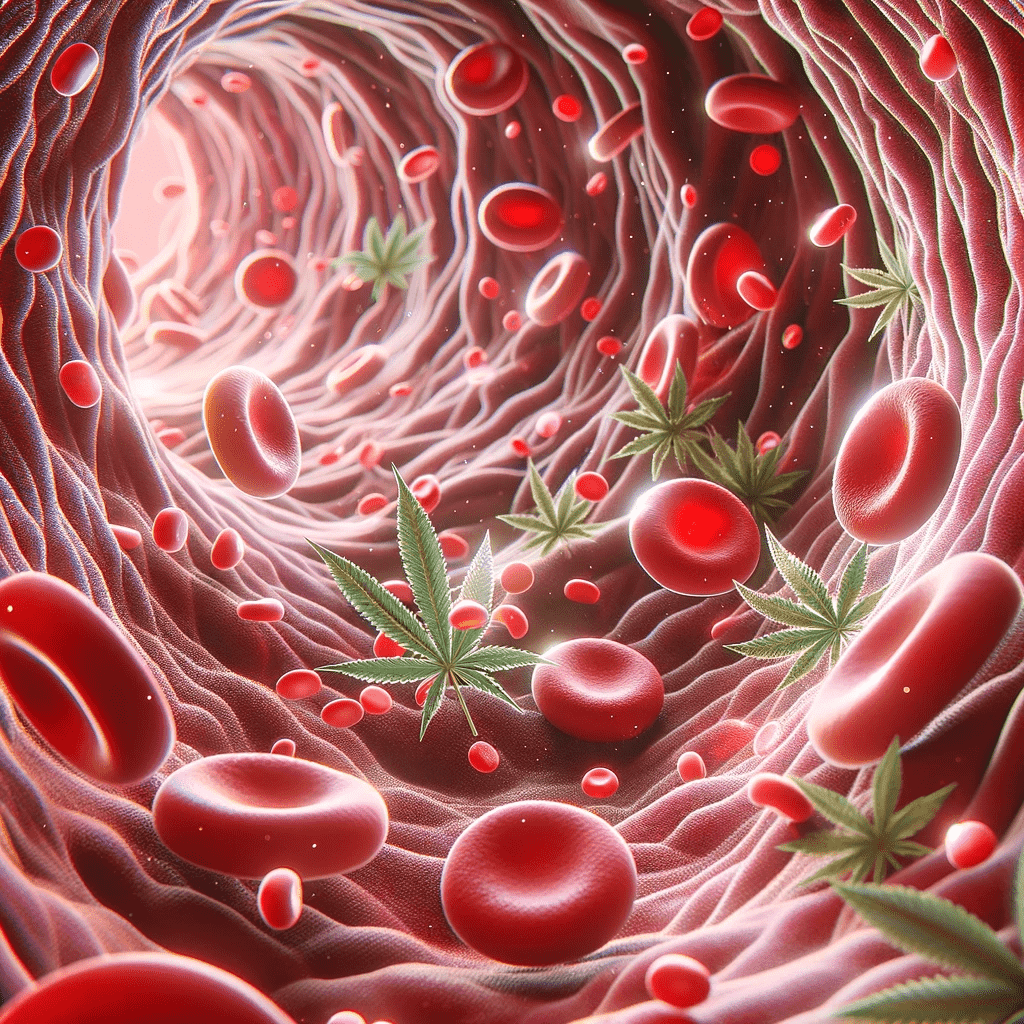
Understanding the complex dynamics of CBD in the body is crucial, especially for those in professions where drug tests are common. Despite the legality of hemp-derived CBD in the United States, the minutiae of its detection in drug tests can cause concern for some users.
CBD Half-Life: Understanding the Duration The half-life of CBD refers to the time it takes for the body to reduce the concentration of CBD by half. This measure is influenced by various factors including age, liver function, genetics, method of administration, overall health, other medications, and the potency of the CBD used. Clinical trials suggest that the half-life of CBD can range from 18 hours to 5 days. However, these figures are not absolute and can vary significantly based on individual differences.
Metabolization of CBD Oil CBD is metabolized in the body primarily through enzymes in the liver and other tissues. The way you consume CBD, whether by smoking, vaping, or oral ingestion, can affect how it’s metabolized. For instance, smoking or vaping CBD leads to rapid absorption and a quicker onset of effects, whereas oral consumption results in a slower release and prolonged effects due to the involvement of the digestive system and liver metabolism.

Frequently Asked Questions:
- Can CBD oil make you fail a drug test?
- While CBD itself isn’t typically screened for in drug tests, trace amounts of THC in full-spectrum CBD products could potentially trigger a positive result. To mitigate this risk, many opt for broad-spectrum or isolate CBD products, which are free from THC. Even then if your job depends on passing a test it is better to not take CBD. As some drug tests can trigger a positive result.
- Do topical CBD applications enter the bloodstream?
- Generally, topical CBD doesn’t enter the bloodstream significantly, especially if it’s not a medical-grade transdermal patch. These products work locally on the skin’s surface and the immediate area.
- Does CBD get stored in fat tissue?
- Being lipid-soluble, Quiet Monk CBD products and other cannabinoids can be stored in fat tissue, potentially releasing slowly back into the bloodstream over time.
- Does smoking CBD stay longer in your system?
- Smoking CBD typically results in a shorter duration within the body compared to oral ingestion, due to rapid absorption and metabolism.
- Are oral CBD products more potent than smoking or intravenous administration?
- Intravenous administration is the most direct and potent method, while oral consumption offers a slower, more prolonged effect. Smoking provides rapid effects but is also quickly metabolized.
- Is there a fast way to eliminate CBD from your system?
- No guaranteed method accelerates the elimination of CBD from the system. Factors like metabolism rate, frequency of use, and dosage play a significant role in the time it takes for CBD to leave the body.
- How long do the effects of CBD last?
- The duration of CBD’s effects varies based on the consumption method, dosage, and individual metabolism. Generally, ingested CBD can last 4 to 6 hours, while inhaled CBD may last 1 to 3 hours.
Understanding these aspects of CBD can help users make informed decisions, especially if they are subject to regular drug testing or concerned about potential interactions with other medications. It’s always advisable to consult with healthcare professionals before incorporating CBD into your routine.
